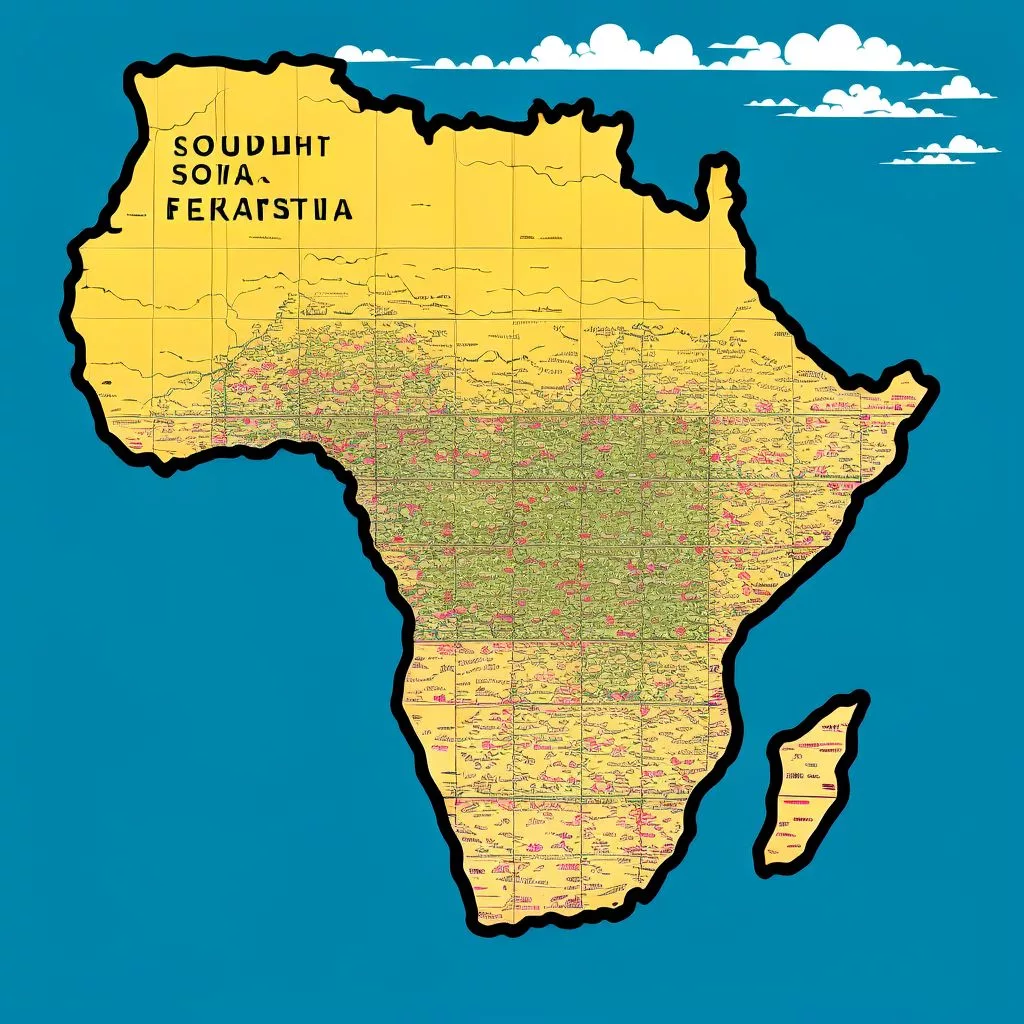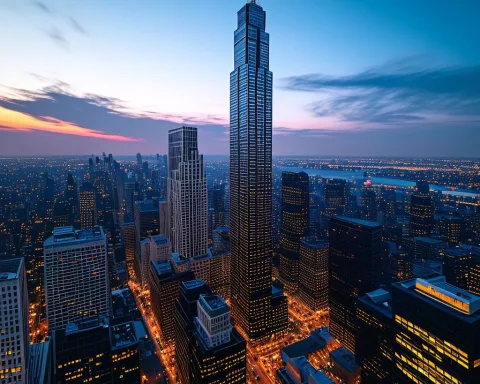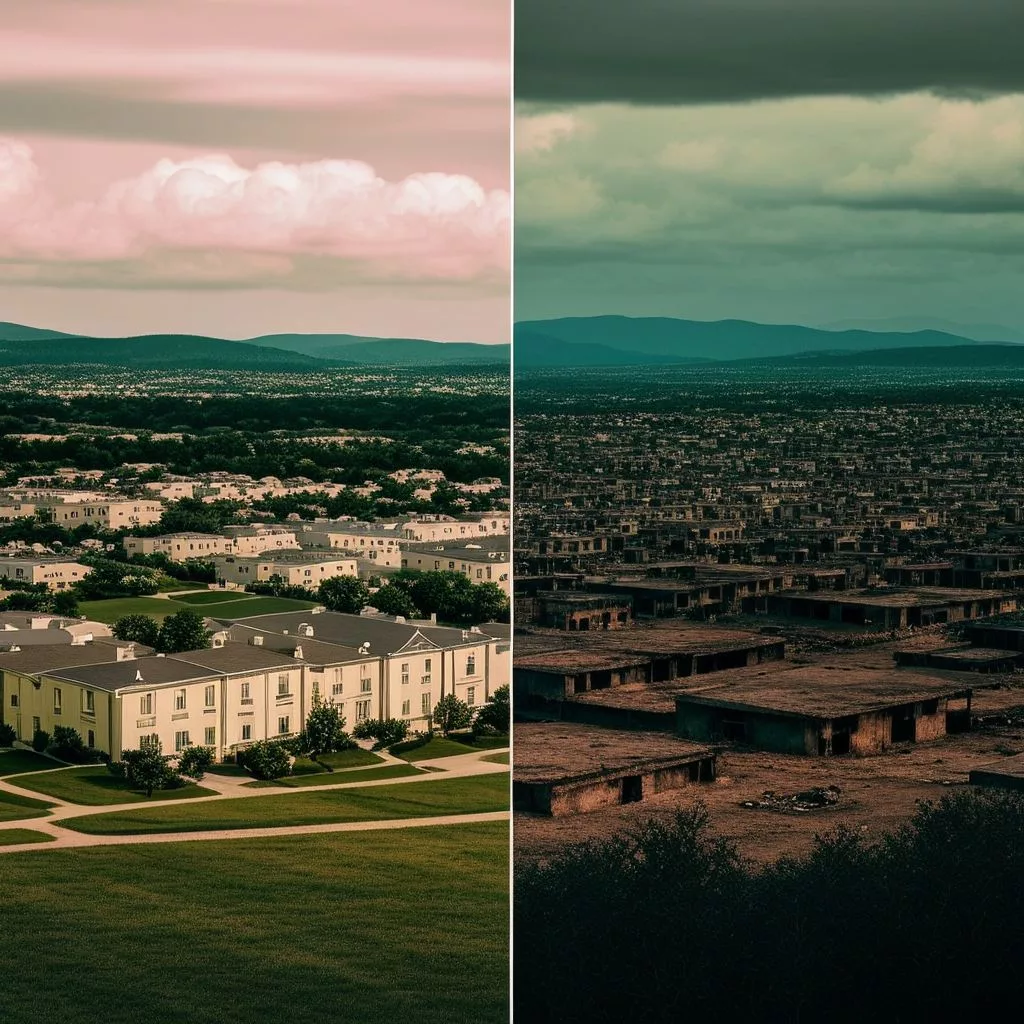South Africa is seeing a surprising mix of both new millionaires and wealthy people leaving the country. While many high-net-worth individuals are emigrating due to safety and economic concerns, cities like Cape Town and Johannesburg continue to attract new affluent residents with their beautiful landscapes and vibrant lifestyles. The number of South Africans earning over R1 million a year has increased, suggesting a hidden wealth that is not fully accounted for. This strange situation highlights the resilience of those who choose to stay, as they navigate challenges while believing in the country’s potential for growth and prosperity.
What drives the rise of millionaires in South Africa despite wealth migration?
Despite witnessing an exodus of high-net-worth individuals, South Africa’s economy experiences a simultaneous increase in millionaires. Factors include attractive lifestyle features, economic resilience, hidden wealth, and opportunities in cities like Cape Town and Johannesburg, which continue to allure new affluent residents.
South Africa’s economic landscape is a canvas painted with contrasting shades. Amidst the departure of numerous high-net-worth individuals (HNWIs), the country simultaneously experiences a surge in new millionaires. This perplexing scenario raises significant questions: What drives some affluent individuals to leave, while others find reasons to stay and prosper?
Divergent Economic Patterns
In recent years, South Africa’s financial narrative has been marked by two seemingly opposing trends. According to the Henley & Partners’ 2024 Wealth Migration Report, the nation ranks among the top countries losing millionaires. The report anticipates that around 600 HNWIs, each possessing liquid investable wealth of at least $1 million (approximately R18 million), will emigrate in 2025. This wealth migration is a notable concern, as these individuals often take substantial investments and economic contributions with them.
Conversely, data from the National Treasury reveals a rising number of new millionaires. In the 2025/2026 financial year, 569,351 South Africans earning over R1 million annually will contribute to the tax system, showing a 16% increase from the previous year. This growing segment now represents 3.94% of the country’s 14.45 million registered taxpayers, up from 3.45% the prior year. This increase in high-income earners signifies a robust economic activity despite the outward migration of some wealthy individuals.
South Africa’s Undeniable Attraction
Despite the departure of certain HNWIs, South Africa maintains a powerful allure. The country offers a unique mix of lifestyle features that many find irresistible. Its warm climate, stunning landscapes, and relatively low cost of living create a compelling environment for both current and prospective residents.
Cape Town, for instance, often mesmerizes with its scenic beauty, combining mountains and ocean in a cosmopolitan setting. The city provides a quality of life comparable to many Western counterparts but at a fraction of the cost. Johannesburg, the economic heart of the nation, offers a vibrant urban lifestyle with ample opportunities for both business and leisure. Additionally, South Africa’s rich cultural heritage and diverse culinary scene further enhance its appeal, blending modernity with tradition in a way that few places can.
The Enigma of Hidden Wealth
Interestingly, the actual number of South African millionaires might be higher than reported. SARS Commissioner Edward Kieswetter estimates that approximately 100,000 individuals earning over R1 million annually have not registered for income tax. This hidden wealth suggests a more affluent undercurrent within the economy, indicating that the financial contributions of the wealthy could be far more substantial than official figures suggest.
The presence of such unaccounted wealth sheds light on the potential for economic growth that may not be immediately visible. It also highlights the challenges in accurately assessing the true state of the nation’s affluence, pointing to an area ripe for policy intervention and reform.
Resilience Amidst Economic Challenges
The increasing number of rand millionaires highlights the resilience of South Africa’s affluent population. These individuals navigate an economic environment filled with both opportunities and challenges. Economic resilience—defined as the ability to withstand and recover from financial shocks—is evident in the sustained growth of this prosperous segment. The rise in millionaires, even during broader economic difficulties, reflects a strong entrepreneurial spirit and adaptability.
However, the reasons behind the exodus of some HNWIs are multifaceted. Concerns about economic stability, safety, and political uncertainties often drive their departure. Moreover, the appeal of international opportunities, favorable tax regimes, and more stable investment climates abroad contribute significantly to this trend.
A Nation at a Crossroads
South Africa’s economic landscape is clearly in a state of transition. The simultaneous increase in rand millionaires and the ongoing emigration of wealthy individuals paints a complex picture. It underscores both the resilience of high earners and the systemic challenges the nation must address. Those who choose to stay demonstrate a steadfast belief in the country’s potential, while the departure of others highlights areas in need of urgent reform.
This duality mirrors broader historical and artistic movements. Much like the Renaissance, known for its cultural and intellectual resurgence amidst political upheaval, South Africa’s current financial scene reflects growth and creativity amidst challenges. Similarly, the Baroque period’s emphasis on contrast and dynamism echoes the nation’s contrasting economic trends.
Navigating the Paradox
South Africa’s rise in rand millionaires against a backdrop of wealth migration presents a compelling paradox. It highlights the country’s unique appeal while pointing to areas requiring careful navigation and reform. This evolving financial landscape, rich with both opportunities and challenges, continues to shape the narrative of one of Africa’s most dynamic nations.
As South Africa progresses, it does so with a blend of optimism and caution, reflecting the complexities and potential of its economic journey. Policymakers and stakeholders must address the underlying issues prompting wealth migration while fostering an environment that continues to attract and retain new millionaires. By striking this balance, South Africa can ensure a more stable and prosperous future for all its citizens.
FAQ: The Paradox of Prosperity in South Africa
What is causing the rise of new millionaires in South Africa despite the wealth exodus?
The rise in millionaires can be attributed to several factors, including attractive lifestyle features, economic resilience, hidden wealth, and opportunities in cities like Cape Town and Johannesburg. These cities continue to draw affluent residents due to their beautiful landscapes and vibrant lifestyles.
How many South Africans are currently earning over R1 million annually?
As of the 2025/2026 financial year, approximately 569,351 South Africans are expected to earn over R1 million a year. This figure represents a 16% increase from the previous year, highlighting a growing segment of high-income earners within the country.
Why are wealthy individuals leaving South Africa?
Many high-net-worth individuals are leaving South Africa due to concerns about safety, economic stability, and political uncertainties. Additionally, they are often attracted to international opportunities, favorable tax regimes, and more stable investment climates abroad.
What role does hidden wealth play in South Africa’s economy?
Hidden wealth plays a significant role in South Africa’s economic landscape, suggesting that the actual number of millionaires may be higher than reported. Estimates indicate that around 100,000 individuals earning over R1 million annually are not registered for income tax, which indicates a larger pool of affluent individuals contributing to the economy than official figures suggest.
How do cities like Cape Town and Johannesburg contribute to attracting new millionaires?
Cape Town and Johannesburg offer a unique blend of lifestyle features, including a warm climate, stunning landscapes, and a relatively low cost of living. Cape Town is known for its scenic beauty and cosmopolitan lifestyle, while Johannesburg serves as the economic heart of the nation, providing ample opportunities for business and leisure.
What does the future hold for South Africa’s economic landscape?
South Africa’s economic landscape is at a crossroads, marked by both resilience and challenges. Policymakers need to address the issues prompting wealth migration while fostering an environment that attracts and retains new millionaires. Striking this balance may lead to a more stable and prosperous future for all citizens, as the country navigates its evolving financial landscape.












